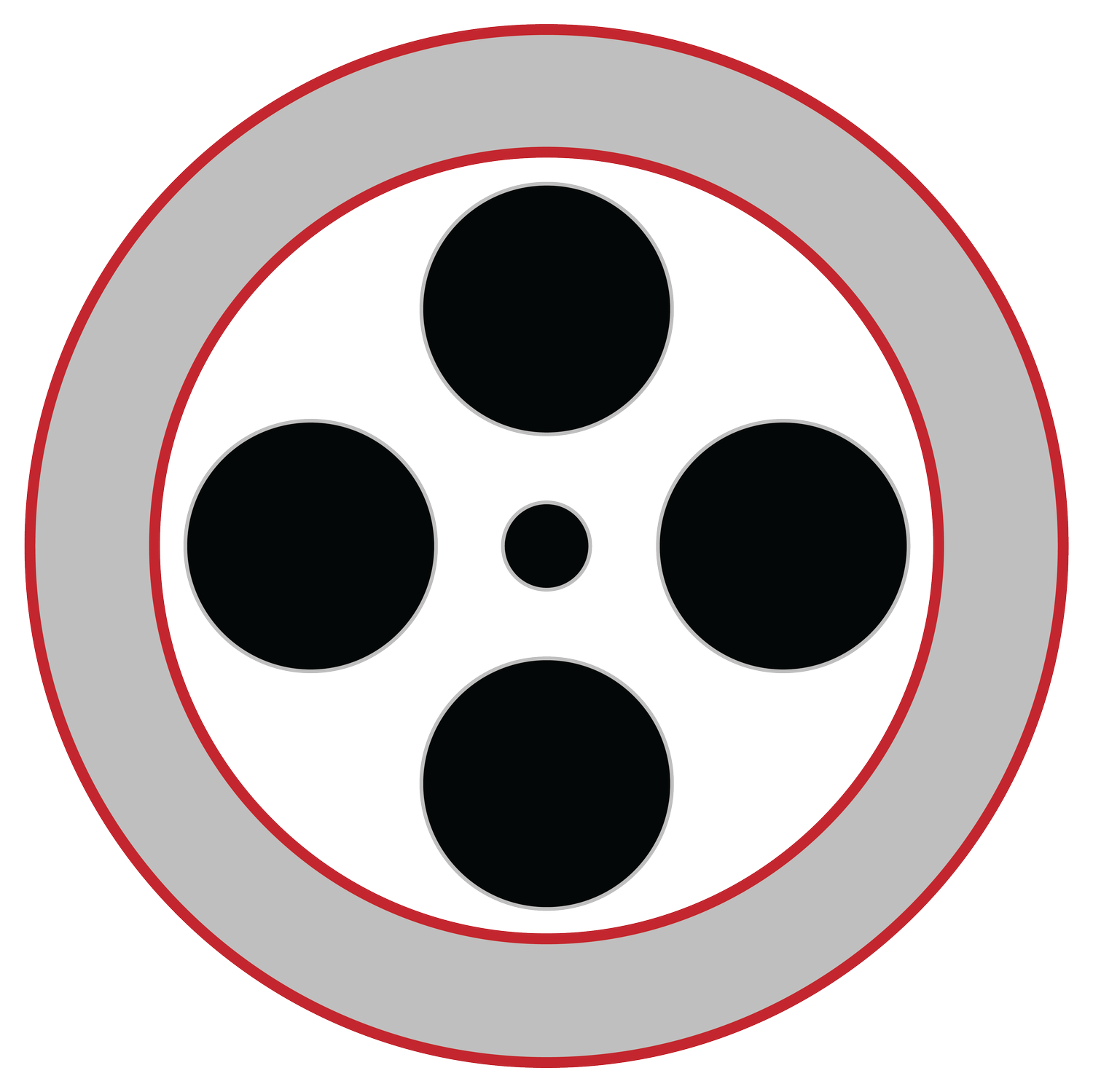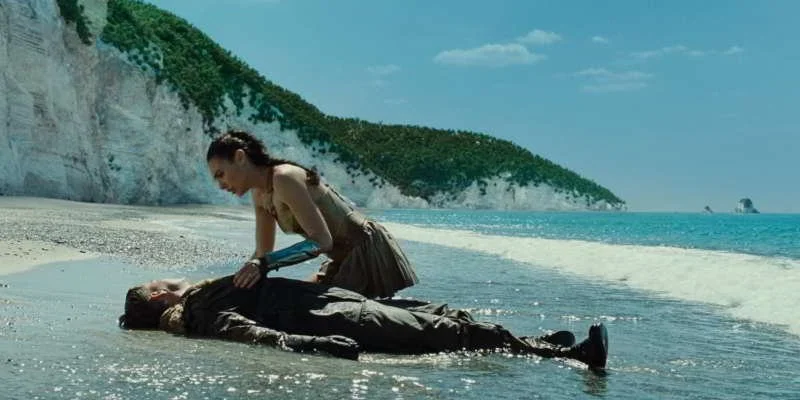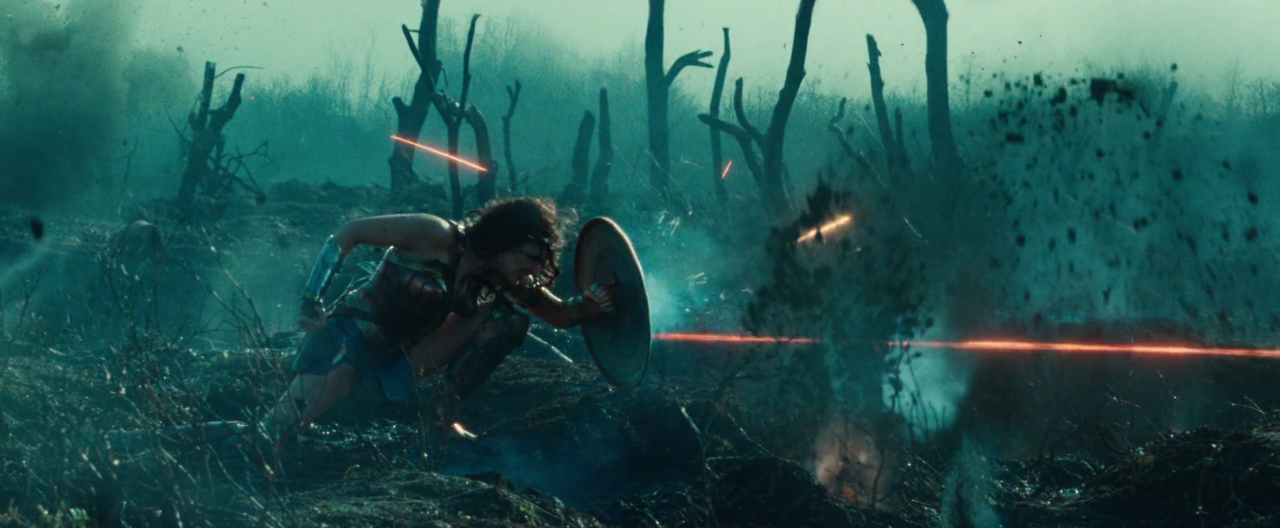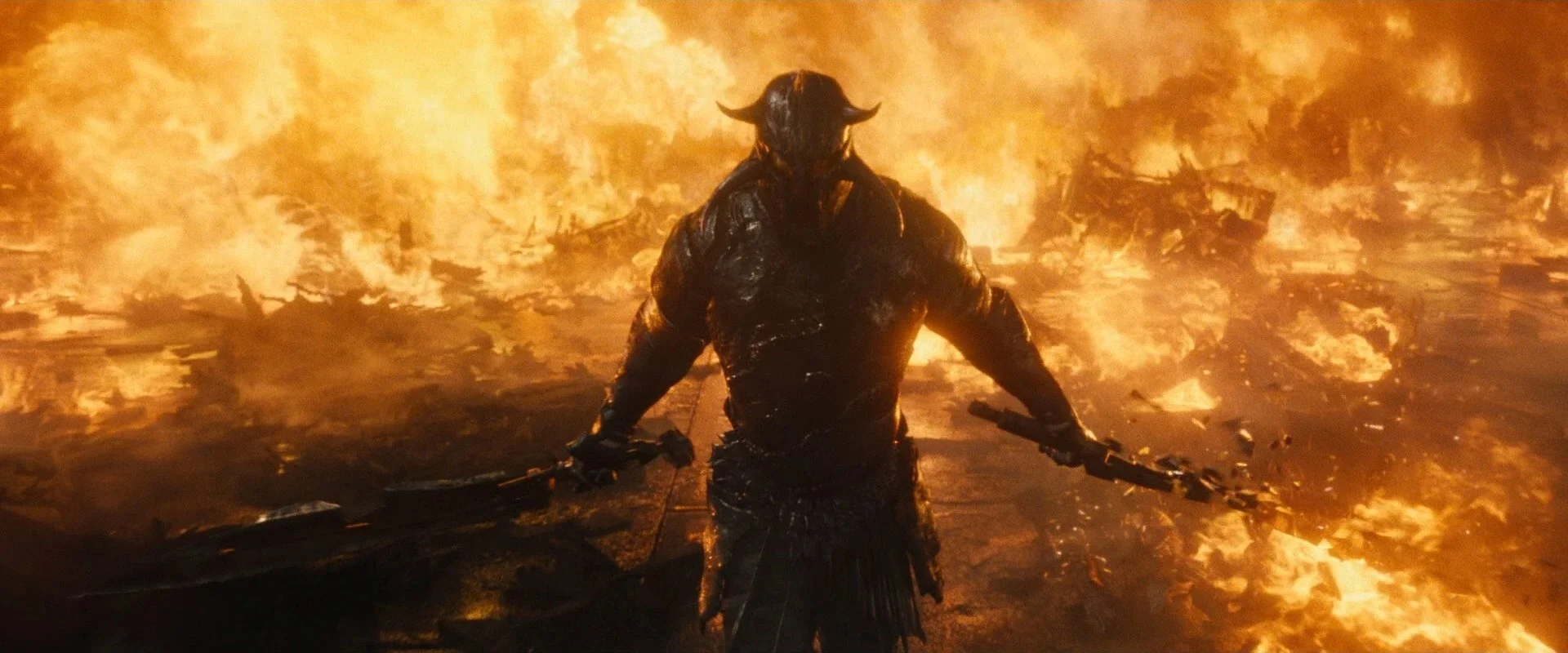Wonder Woman: A DCEU Retrospective (Part 4)
Rating – 7.5/10
**SPOILERS**
Good lord they actually pulled one of these off.
Welcome back to the DCEU Retrospective, a series exploring the films, history, mistakes, and occasional successes of the first cinematic universe based on DC Comics. Previously, DC and Warner Bros released Suicide Squad. It did not go well. Repeated instances of studio interference and poor creative choices left the studio with a deeply underwhelming 2016. With the franchise’s reputation plummeting, the DCEU was in desperate need of a comeback.
As it would turn out, hiring a director who wasn’t insanely cynical about the nature of superheroes and letting her do her thing would actually give them the critical success they needed. Who would’ve thought?
Wonder Woman was the DCEU’s first genuine critical success when it released in 2017, so I was surprised to see its Letterboxd score at a somewhat average 3.2 out of 5. While flawed, most of the movie still holds up 8 years later, and I feel that after 4 years of trying, the DCEU finally achieved a grittier and more grounded tone than the Marvel Cinematic Universe, without sacrificing a sense of hopefulness, humor, and charm.
Directed by Patty Jenkins, Wonder Woman marks the return of Gal Gadot’s titular character, giving her an origin story set during the early 20th century. When an American pilot crash lands at her home, a hidden island populated by powerful female warriors called the Amazons, Gadot’s Diana learns of the First World War, and leaves home to venture to the front lines and kill Ares, the Greek god of war she deems responsible for the violence.
Patty Jenkins is one of the film’s best assets, bringing a vision that is both gritty without being overly bleak and light without being overloaded with MCU quips and comedy. The film is gorgeous to look at, from the lush greens and bright blue waters of Diana’s home, to the murky blues and grays of war torn Europe. The colors are never garish like Suicide Squad’s tacked on neons, or overly dark and borderline monochrome like Zack Snyder’s films. Jenkins made a point to maintain a full color spectrum for the World War I settings, avoiding desaturation, heavy filters, and other tropes of period dramas. The result is a sharp and vibrant film that maintains a period aesthetic. It feels grounded in the time period but not overflowing with self seriousness. The grounded nature comes from the script as well, written by Allan Heinberg (with some rewrites from Jenkins and Geoff Johns). When I first saw Wonder Woman, it hadn’t dawned on me how strong the movie is tonally, as it can easily bounce between lighter moments and darker drama without being all that jarring. This is because in terms of story, a lot of the film’s emotions aren’t over exaggerated. Lighter moments are allowed to be cheerful without dipping into full blown comedy, darker moments have an impact without slipping into complete melodrama. There’s a naturalistic feel to the film in its stronger moments, helped in large parts by the performances.
I’ve seen a lot of criticism directed towards Gal Gadot as an actor since Wonder Woman was released, and a lot of her later work has been fairly wooden in all honesty. It’s sometimes hard to remember that in her first appearances as Wonder Woman, she was very well received. Here, she really sells Diana’s journey, which Gadot has described as a coming of age story, as she goes from naive and unfamiliar with the world around her to coming to understand the complexities of mankind. It’s a great multi-faceted performance, as Diana is a earnest and genuinely heroic character, but not without her faults, misconceptions, and doubts. Apparently, Warner Bros pushed back against the choice to make her vulnerable, wanting Wonder Woman to be purely strong and perfect. Let’s just take a moment to acknowledge that flaws and vulnerabilities are what makes characters compelling, and making a one dimensionally “perfect” female lead character in the name of feminism makes for significantly less interesting movies. You can in fact have an empowering female lead with flaws and interesting character traits.
Wonder Woman is also fortunate to have one of the strongest supporting casts in the DCEU. Leading this is Chris Pine’s Steve Trevor, the pilot that brings Diana to the world of man, who brings plenty of charm and world weariness to the film that plays exceedingly well off Gadot. A lot of the lighter moments are brought about by how Gadot and Pine play off of each other, and their natural chemistry makes their relationship one of the stronger ones in superhero cinema. Meanwhile, a lot of the smaller roles are perfectly utilised. Lucy Davis is a delight as Trevor’s secretary Etta, a genuinely entertaining bit of comic relief, and Trevor’s soldier friends are well written despite being minor characters, each adding a little bit of depth and layers to Diana’s growing understanding of the complex world around her. Best of all these smaller roles is Robin Wright as Antiope, Diana’s aunt and general of the Amazon army. She’s able to express real care and concern for Diana in her limited screen time, and more significantly, she’s simply a badass in her action scenes.
For the most part, the action is strong here. Jenkins really lets the physicality of her actors come through here, and she opts for a lot of wide shots that lets the action come across more easily. The action is held back by a few issues however. The editing tends to be choppy at times. I’ve seen far worse fight scene editing, but it could definitely be cleaner. A common criticism of this movie is the slow motion is excessive, and frankly that’s an understatement. But worst of all is that the CGI really doesn’t hold up here, which really makes me upset to admit. It feels like every effect looks unfinished, especially when Gal Gadot is replaced by a digital model that jumps around weightlessly. There are two major exceptions however. The first is the beach skirmish, where Amazon warriors fight a battalion of Germans in a thrilling sequence. The second of course is No Man’s Land.
The scene where Diana fights her way between trenches was iconic in 2017 and it’s still a masterpiece of superhero cinema. After an hour of buildup to Diana’s true debut as Wonder Woman, seeing her single-handedly hold off machine gun fire, taking enemy trenches in minutes when a whole army couldn’t in a year, all while revealing her costume for the first time is utterly awe inspiring. The scene is the finest example of the film’s balancing of realistic and grounded action with a feeling of hope and inspiration, as the swelling score, cinematography, and physicality from Gal Gadot comes together to make this scene the clear highlight of the movie, and maybe one of the best scenes in the entire DCEU. In a genre full of scenes designed to be “hero moments”, this is easily one of the best.
There are of course flaws in Wonder Woman that need to be addressed. Most prevalent (or maybe just hardest to ignore) is the excessive slow motion and rough CGI, which is a constant frustrating presence throughout action scenes. But the villains of the film leave plenty to be desired. The primary villains are a German general trying to prevent the Armistice that ended the war, and his chemist, nicknamed Dr. Poison, who is developing a new chemical weapon to try and turn the war in Germany’s favor at the last minute. Both of these significant characters get no fleshing out, which is a little awkward when even Steve’s Native American smuggler friend who just kinda shows up to help out (and according to Wikipedia might also be a demigod???) gets his motives and background explained a bit. The villains are just evil for the sake of evil, at one point even sharing a cartoony maniacal laugh after doing evil things. It’s a little bit of a let down, as between the general being based on a real person and Dr. Poison’s mysterious facial injuries, I get the sense there was something to explore with them.
Note: Despite the disclaimer at the beginning, I want to mention that this is the point where I talk about the third act and, as such, get into actual spoilers. I don’t know if you need to hear this, but for this next paragraph you’ve been warned.
If there’s one major issue with this movie, it’s the finale. Diana arrives at an airport where the new chemical weapon bombs are getting shipped out, in order to kill the German general (who she thinks really is Ares), believing that doing so will free the men from the curse he’s put over them causing them to fight. However, after a brief fight, Diana kills the general, only for it to have no effect. Diana is then forced to realize that men make war on their own and aren’t inherently good. This is an incredible twist, as Diana has to seriously reconsider whether or not she believes in the good of mankind or not and face how complex the world truly is. However, the strength is taken out of the twist when random side character Patrick Morgan appears, revealing himself to be Ares all along. What follows is a CGI infused “boss battle” where the effects are still rough and Ares shouts cliche lines such as “I will destroy youuuuuu”. The whole thing feels like a studio note that got forced into the film, and as it turns out, it was in fact the only part of the film the studio pushed Jenkins to include. Jenkins tries to keep the power of the twist intact by having Ares reveal he only gives people ideas of war and doesn’t force them to act on them, but the damage is already done. It’s a frustrating and boring finale that takes away from the affecting ideas and story beats also happening in the scene, such as Steve Trevor’s genuinely heartbreaking sacrifice. It doesn’t quite drag down the movie in the way that Suicide Squad’s finale does, as the themes and character arcs do ultimately remain intact in spite of the problems. It’s just a deeply uninspired part of what had previously been a very strong film.
In spite of the flaws, Wonder Woman is still one of the stronger films in the DCEU. Its visual style, well written characters, and strong central performance from Gal Gadot made it the first true critical success for the franchise, although part of me wonders if it was so warmly received in part due to comparisons to the DCEU’s previous films and its status as the first mainstream superhero film centered around a female character. Looking at it now, without those potential influences on opinions, I ultimately think that Wonder Woman still holds up. Most of the time. The final battle with Ares does ultimately show that Warner Bros interference was still present, and still leading to the worst parts of the films. However, aside from that, Patty Jenkins was allowed to tell the story she wanted, resulting in the DCEU’s most emotionally resonant, iconic, and tonally balanced film thus far. For once, the franchise didn’t succumb to its fatal flaw, allowing Wonder Woman to be what it needed to be without comparing it to what Marvel would do.
Now, Warner Bros just had to take the right lessons from this experience and apply it to future releases, especially as they had one of their biggest movies coming up next on the slate.
I’ll let you guess if they did so or not.







